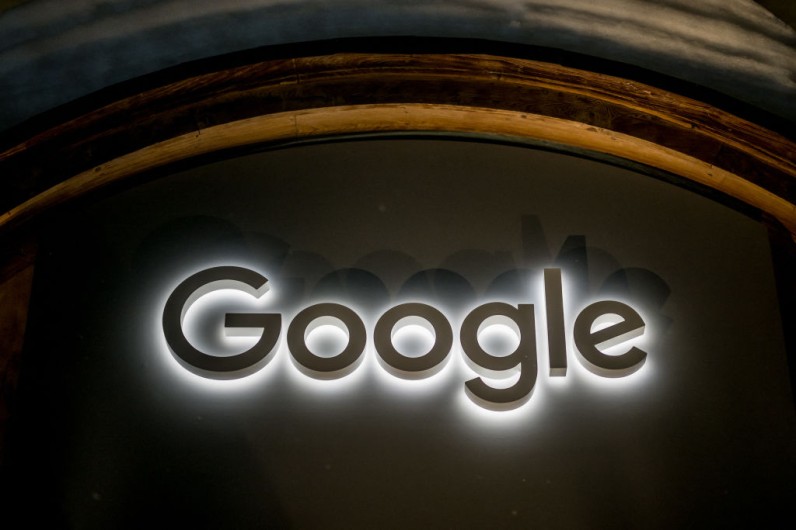
The fate of Google's powerful search engine now rests with US District Judge Amit Mehta, who is weighing whether to impose harsh penalties or softer fixes after ruling that Google holds an illegal monopoly in online search.
The blockbuster antitrust trial concluded Friday with the US Department of Justice (DOJ) and several states pushing for dramatic changes.
They want Google to sell its Chrome browser, stop making big payments to Apple and other phone makers, and share valuable search data. Their goal is to give other companies a chance to compete with Google in the search market.
But Judge Mehta appears to be leaning toward more moderate solutions. During the hearing, he repeatedly asked questions that suggested he seeks a middle ground — one that restores competition without crippling Google's ability to innovate, BusinessLine said.
"We're not looking to kneecap Google," Mehta said, emphasizing the need to "kickstart" competition.
The DOJ's lawyers argued for strong measures, saying Google's dominance has been illegal for years and must be curbed to protect a free market.
They want to ban Google from paying phone makers like Apple to make Google the default search engine on new devices — a practice worth billions annually to Google.
NOW: Closing arguments in the search antitrust remedy trial.
— Vidushi Dyall (@vidushi_law) May 30, 2025
During liability, G’s exclusive contracts were found to be unlawful monopoly maintenance. Now the govt is looking to dismantle the search giant by stripping it of Chrome, Android, user data, search technology & more. pic.twitter.com/0IUSopnvGc
AI Firms Seek Access to Google's Search Data
Google's legal team pushed back, saying these demands go beyond what the court's ruling requires and could hurt innovation.
They pointed out that advances in artificial intelligence (AI) are already shaking up the search market, with startups like OpenAI developing new conversational tools that challenge Google's lead.
According to Reuters, OpenAI's product head, Nick Turley, told the court that his company would be interested in buying Chrome if it's sold.
Access to Google's search data would also help AI companies like OpenAI improve their products.
Judge Mehta acknowledged the rapid growth of AI technology and admitted it's "what I've been struggling with" when deciding how much AI's impact should shape his ruling. He will spend the summer considering the best approach and aims to issue a decision before Labor Day.
Apple also weighed in, opposing the DOJ's call to ban search engine default agreements. The company warned that banning these contracts could hurt its own ability to fund research and might not even reduce Google's power, since users might still pick Google search anyway.
Both sides agree AI is changing the search industry, but they disagree on whether it will be enough to break Google's grip without court-ordered remedies.







Join the Conversation